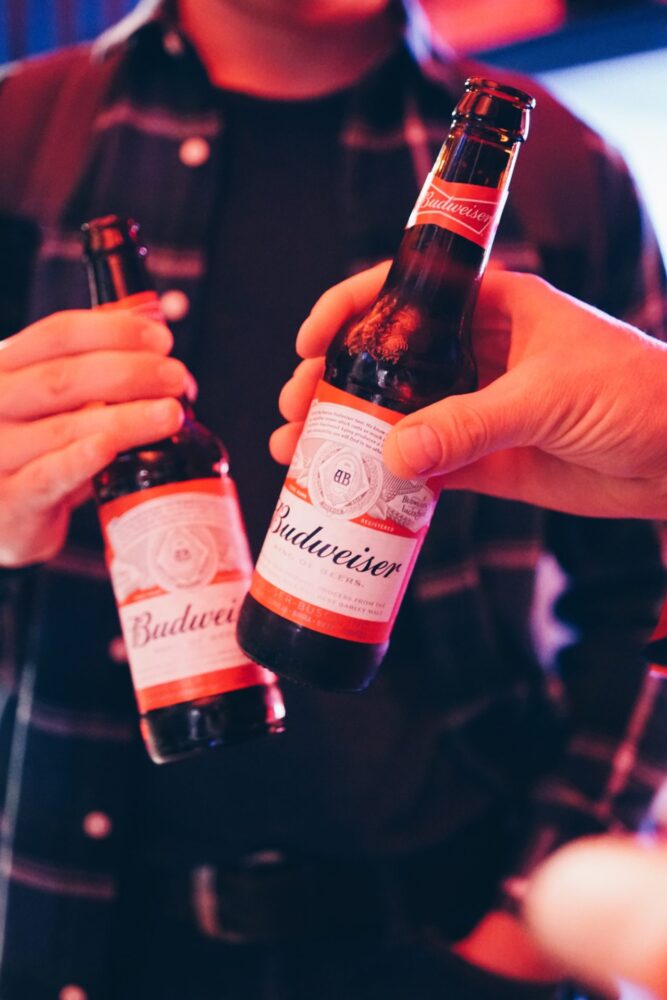

Well, this is awkward!
So, the FIFA World Cup came and went, generating the usual initial peak of excitement for England fans that petered out towards the end. Ditto Christmas.
The anticipation of 5 billion people around the world watching and sheer scale of exposure afforded by it, was simply too big for its major sponsors to turn down.
It’s rare that two such major events for advertisers happen so close together, inevitably causing a bit of a quandary among key players (excuse the pun) as to how to allocate marketing budgets between the two events at such a key trading time of year.
‘Drinks’ is one sector typically associated with leveraging the World Cup and Christmas to its advantage. Particularly for the alcoholic variety, promotion of both occasions has some contentions routed in the criticism of ‘encouragement’ to drink excessively, however subliminally that may come across. Last year’s World Cup, and associations with it, obviously had much wider reaching controversies.
While there was a clamour to boycott the Qatar tournament and the brands partnering with FIFA, the anticipation of 5 billion people around the world watching and sheer scale of exposure afforded by it was simply too big for its major sponsors to turn down. So, it came with a maze of ironies when, despite having stood by FIFA in renewing its $75m sponsorship contract even after the Qatar tournament had been announced, Budweiser was told just two days before the start it would no longer be allowed to sell its product at or in the vicinity of stadiums – at least not the alcoholic variant of it.
After stating ‘Well, this is awkward!’ on initially hearing that news, another irony emerged for Budweiser.
Firstly, by way of comparison, association with event sponsorship increased rapidly relative to Coca-Cola, another major FIFA partner in the World Cup. The headlines at least put Budweiser in people’s minds.
While little appears to have been said about it since Christmas, it seems as if Budweiser has considerable grounds to hammer FIFA for breach of contract, albeit that’s inevitably tied up in the contractual small print it has in its agreement with them. On the other hand, looking at how the InBev share price has been tracking, maybe they’ll just let it go and view it as the Qatar government and FIFA actually having done them a favour. But I doubt that.
Anyway, here’s to dry January!








